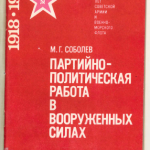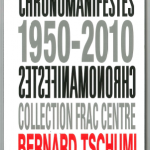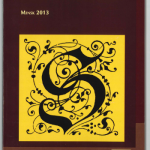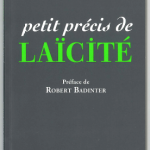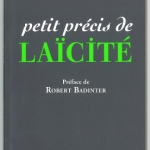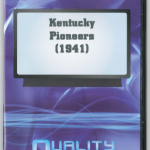Партийно-политическая работа в Вооруженных Силах / Генерал-лейтенант М.Г. Соболев. (OCLC #879351239)
For this publication about political party work in the Soviet armed forces, the statement of responsibility included the author’s military rank of Lieutenant general. Though my library’s practice is typically to abridge a statement of responsibility (removing non-essential information such as titles, ranks, or affiliations), in this case I felt it would aid with selection of the title, so retained it. Both the LC-PCC and NLA policy statements say typically not to abridge, so our policy may change in time.
